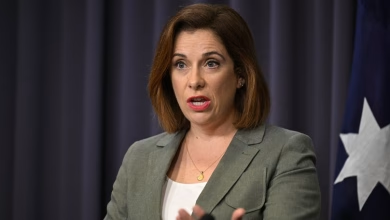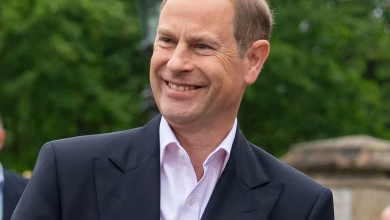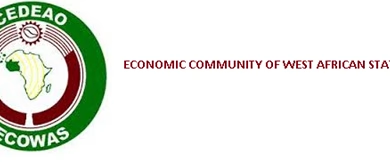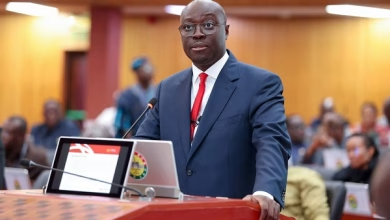Children as Young as One Among Rape Victims in Sudan’s Conflict, UNICEF Reports

- Children as young as 1 raped in Sudan's civil war
- 16 victims under 5 years old, including 4 infants
- US aid cuts threaten support services
Armed men have been raping and sexually assaulting children as young as one during Sudan’s civil war, according to a report by the UN children’s agency, UNICEF.
Mass sexual violence has been widely documented as a weapon of war in the nearly two-year conflict. However, UNICEF’s report is the first detailed account of the impact of rape on young children in Sudan.
A third of the victims were boys, who face “unique challenges” in reporting such crimes and seeking the help they need, the report says.
Although 221 rape cases against children have been officially reported since the start of 2024, UNICEF believes the true number is likely much higher.
Sudan is a socially conservative country where societal stigma and fear of retribution from armed groups prevent survivors and their families from speaking out about rape.
The UNICEF report provides a stark insight into the abuse of children during the civil war. Among the most shocking revelations is that 16 of the victims were under the age of five, including four infants.
While the report does not specify who is responsible for the attacks, other UN investigations have blamed the majority of rapes on the paramilitary Rapid Support Forces (RSF). The RSF has been accused of using sexual violence to terrorize civilians and suppress opposition to their advances.
The RSF, which is fighting against its former allies, the Sudanese Armed Forces, denies any wrongdoing.
“The sheer scale of sexual violence we have documented in Sudan is staggering,” said Mohamed Chande Othman, chair of the UN’s fact-finding mission, in a previous report published in October.
International human rights groups have presented evidence indicating that victims in the RSF’s stronghold of Darfur were often targeted because they were black African rather than Arab, seemingly with the aim of driving them out of Sudan.
The UN’s humanitarian response for Sudan is already underfunded, and recent cuts in US aid are expected to further reduce programs to help the victims.
Harrowing details in UNICEF’s report underscore the dire situation.
“After nine at night, someone opens the door, carrying a whip, selects one of the girls, and takes her to another room. I could hear the little girl crying and screaming. They were raping her,” recalled Omnia (not her real name), an adult female survivor held by armed men in a room with other women and girls.
“Every time they raped her, this girl would come back covered in blood. She is still just a young child. They only release these girls at dawn, and they return almost unconscious. Each of them cries and speaks incoherently. During the 19 days I spent there, I reached a point where I wanted to end my life.”
Sudan, as a nation at war, is one of the most challenging places to access services and frontline workers. The war has displaced a vast number of people, making women and children more vulnerable to attacks. The UN reports that three out of four school-age girls are out of school.
Recent cuts in US aid have worsened the situation. Many medical facilities have been destroyed, looted, or occupied by warring parties, leaving victims with few places to turn for medical help.
UNICEF has been providing safe spaces for children through a network of local activists who have established Emergency Response Rooms to deal with crises in their communities. These activists relied heavily on US aid, and most have been forced to shut down, according to a Sudanese coordinating committee.
The UN organization dedicated to protecting women’s rights highlights the importance of local organizations led by women in delivering support to survivors of sexual violence. However, these groups receive less than 2% of the total funding from the UN’s Sudan Humanitarian Fund.
The BBC learned that at least one local group, “She Leads,” was forced to close when US funding was stopped. Despite being a small expense measured in the tens of thousands of dollars, the group enabled caseworkers to reach around 35 survivors a month, said Sulaima Elkhalifa, a Sudanese human rights defender.
Those who have been raped by armed men “don’t have the luxury of being depressed,” Elkhalifa told the BBC. The demands of war – finding food and needing to flee – leave no space to deal with trauma, she added.






